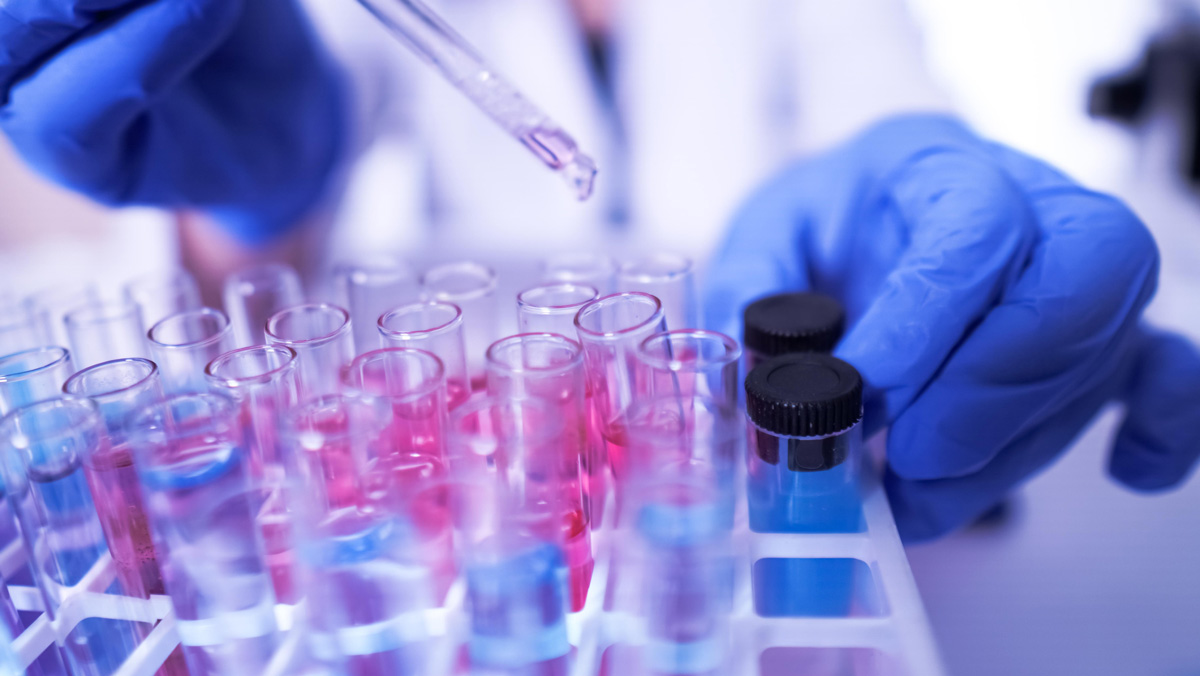South African variant may cut response from Pfizer/BioNTech shot, study finds

The South African coronavirus variant may cut the effectiveness of Pfizer/BioNTech’s vaccine by around two thirds, according to a laboratory study.
Researchers from the University of Texas Medical Branch based their findings on lab tests using SARS-CoV-2 coronaviruses that were genetically engineered to have the same mutations as those in the strain that is causing scientists so much concern.
Results published in the New England Journal of Medicine found that the virus with all the mutations seen in the South African strain – known as B.1.351 – was associated with a neutralising effect that was around two thirds weaker than an earlier strain.
However, authors pointed out that the study has limitations including a lack of systematic examination of individual mutations.
Mutations may alter neutralisation by affecting spike function rather than antigen response and its also unclear from this study how the T-cell response is affected.
The body’s immune response to the coronavirus is not limited to antibodies with CD8+ T-cells also playing roll combating infections.
In a response statement Pfizer and BioNTech noted that the COVID-19 vaccine did still provide protection in the lab study.
They said that there is no clinical evidence to suggest the virus escapes protection completely and added that the vaccine will be updated to combat new variants just in case.
“Pfizer and BioNTech are taking the necessary steps, making the right investments, and engaging in the appropriate conversations with regulators to be in a position to develop and seek authorisation for an updated mRNA vaccine or booster once a strain that significantly reduces the protection from the vaccine is identified."
Pharma companies hope that regulators will accept smaller scale trials of updated vaccines that test immune response, so that shots combating new variants can quickly get to market.
Pfizer and BioNTech said they are also working on a vaccine that could work against mutations that have emerged in Brazil and elsewhere.












